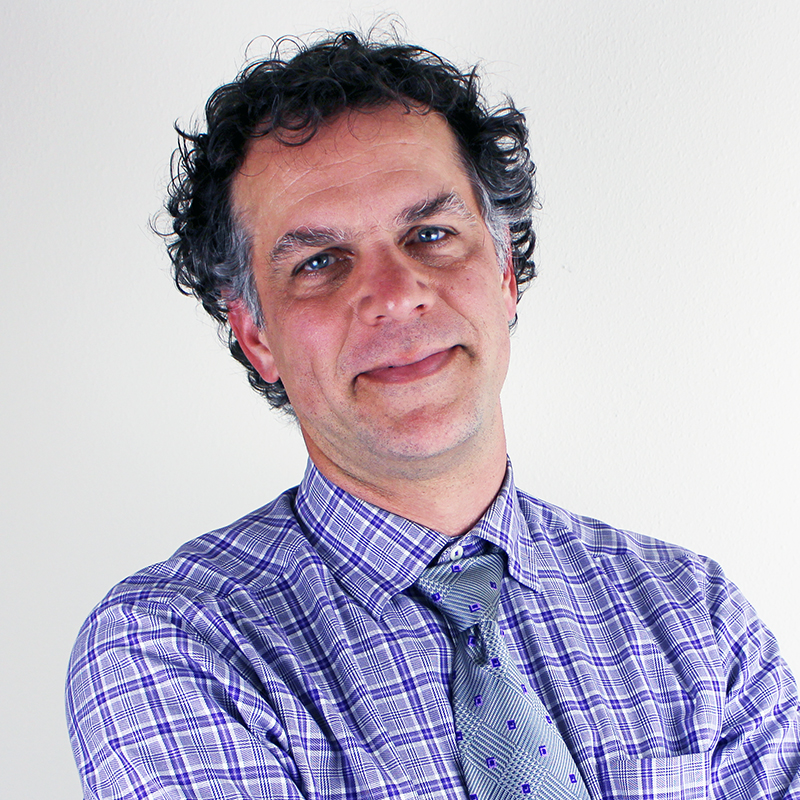
Depression is really a syndrome of multiple pathways leading to the manifestation of depressed mood. Guilt feelings are an oddly reinforcing part of this. It’s the fine line between pleasure and pain. Guilt and negativity feed reward systems in the brain in similar ways positive reinforcement does. As positive reinforcing systems are impaired, the negative takes its place. It is often the toxicity of this which leads to thoughts of death and suicide. Physiology and behavior still have an impact here.
The pathway of physiology driving behavior can also function in the opposite direction. This is where behavioral activation and the statements at the beginning of this piece do carry some truth. Behavioral activation involves healthy behaviors like walking, social engagement, even brushing teeth and making the bed. The brain responds to the environment. The neurophysiology of depression can respond to behavioral changes. During depression, the positive reinforcing systems are still there, only blunted and impaired. Pleasurable activities, human contact, and positive thoughts can have restorative functions in brain chemistry and wiring. This isn’t always enough, and we intervene with medications to affect that physiology. We may also intervene with somatic treatments like transcranial magnetic stimulation (TMS). TMS targets the electrical nature of the neurons directly.
Depression is toxic and self-reinforcing. Those cycles become deeply entrenched. Negative thoughts are common and reinforce pleasure centers in the brain. Confronting this with behavioral activation can be difficult, but it is an important part of the puzzle. Medications may be valuable to help drive physiology in healthy directions. When these options aren’t enough, TMS may be a valuable modality to directly impact neurons. Most critically, there is hope. Options are there. It just may take some patience to find the right ones.

Founder and Clinical Director
Dr. Reuben Sutter is the founder and Medical Director for Sage Neuroscience Center. He is board-certified in general adult psychiatry and addiction medicine. He is also the past president of the psychiatric Medical Association of New Mexico. His practice focus includes severe mental illness, substance use disorders, and treatment-resistant depression. He supervises the Transcranial Magnetic Stimulation service.
Read Dr. Sutter’s Full Bio | Browse All Articles Written by Dr. Sutter
